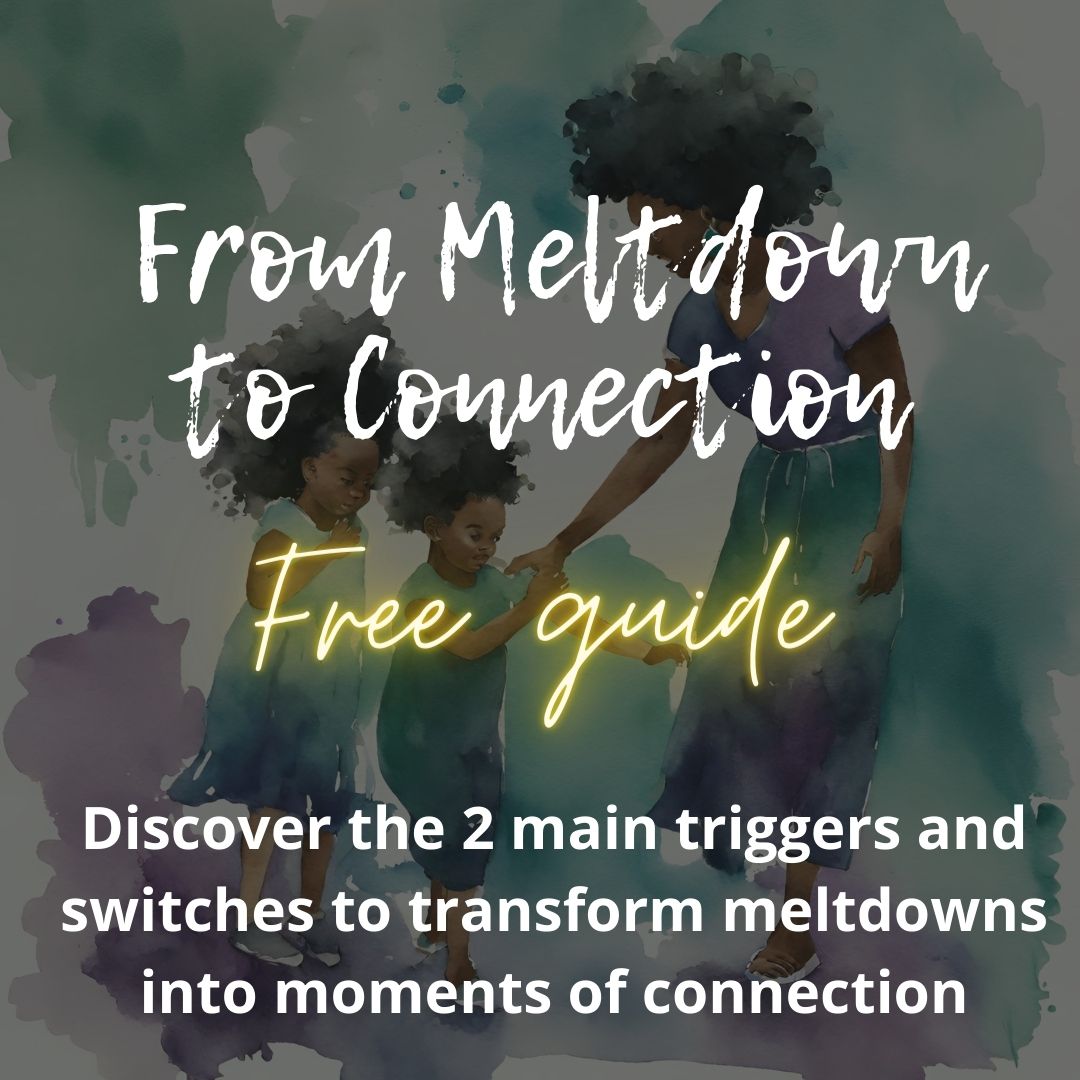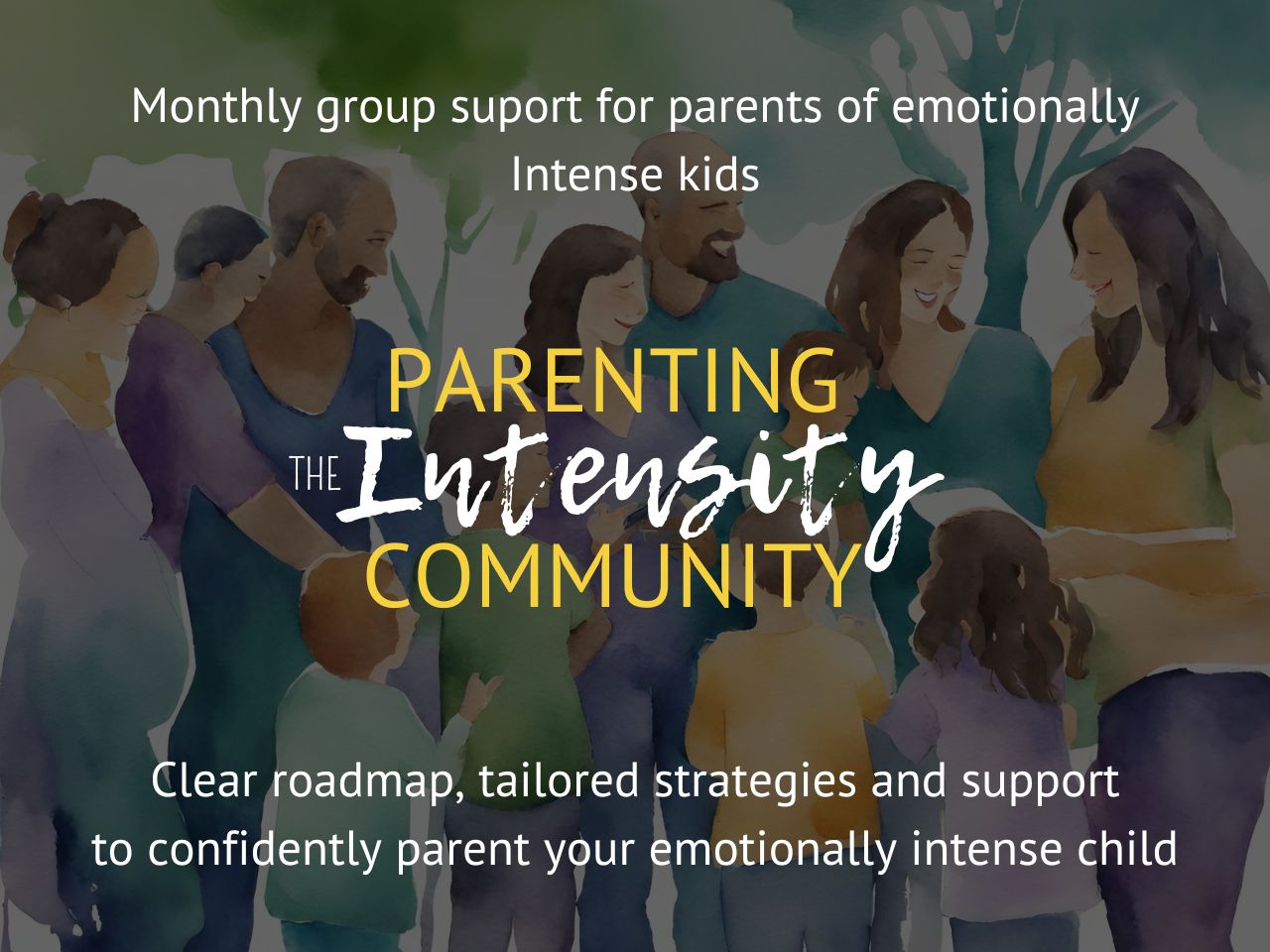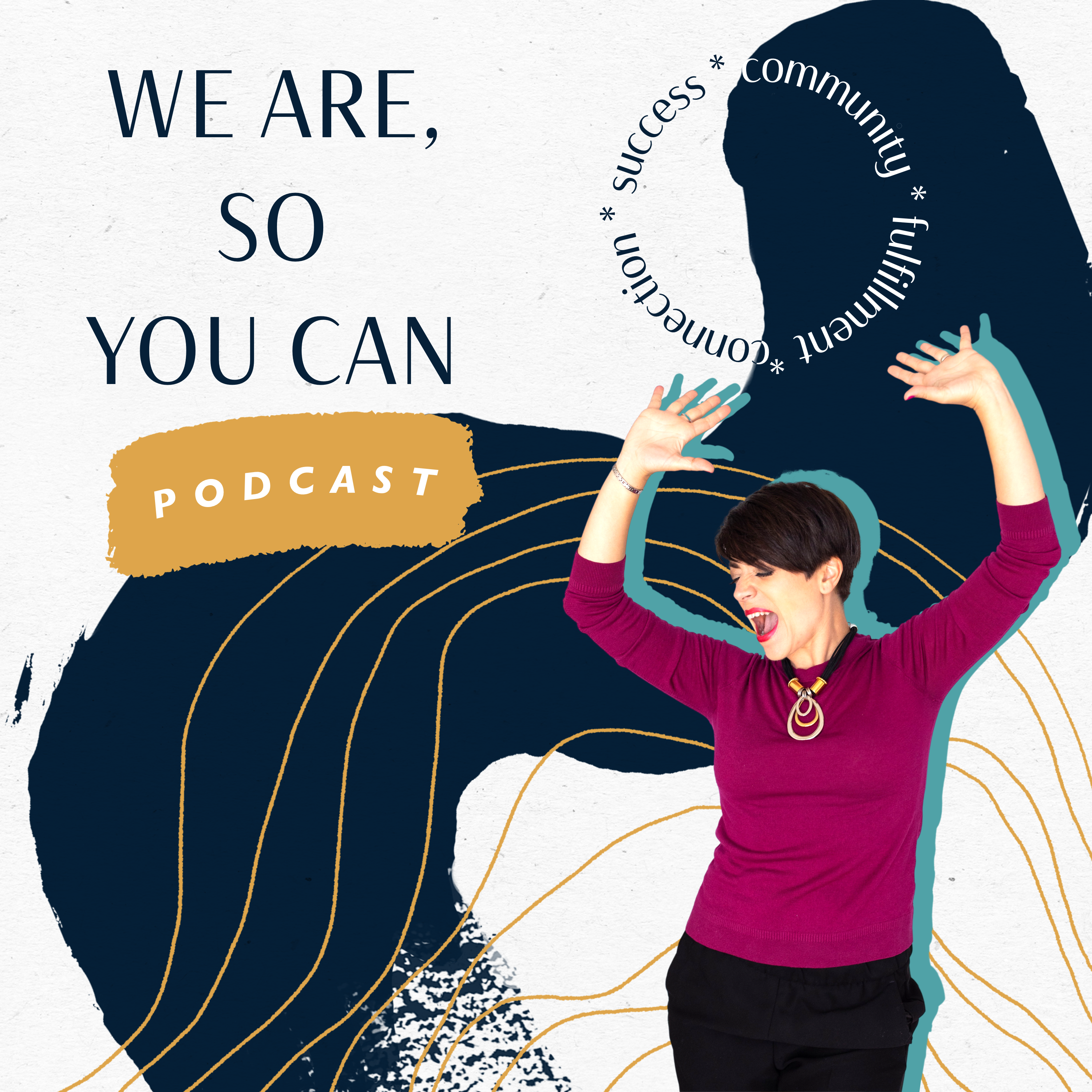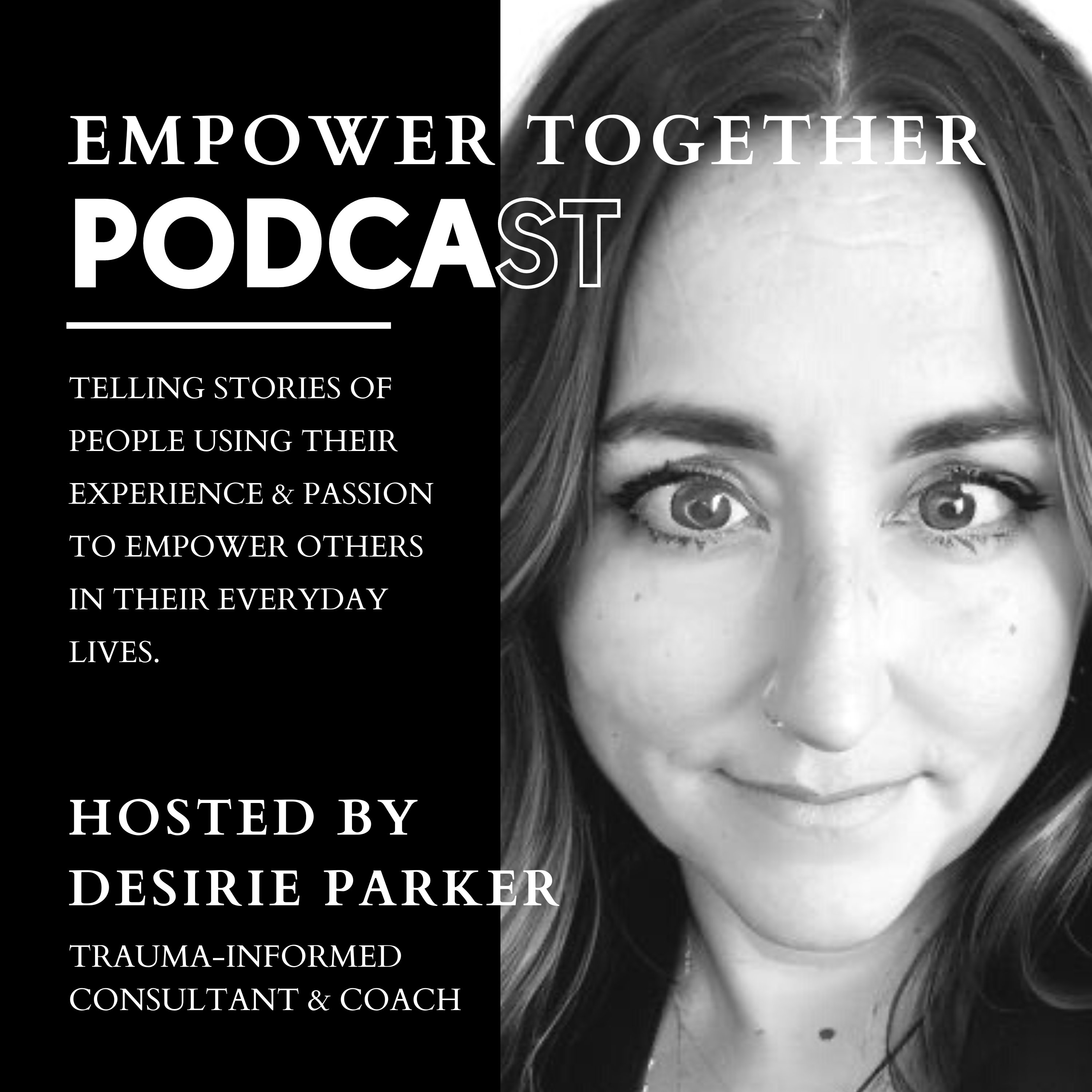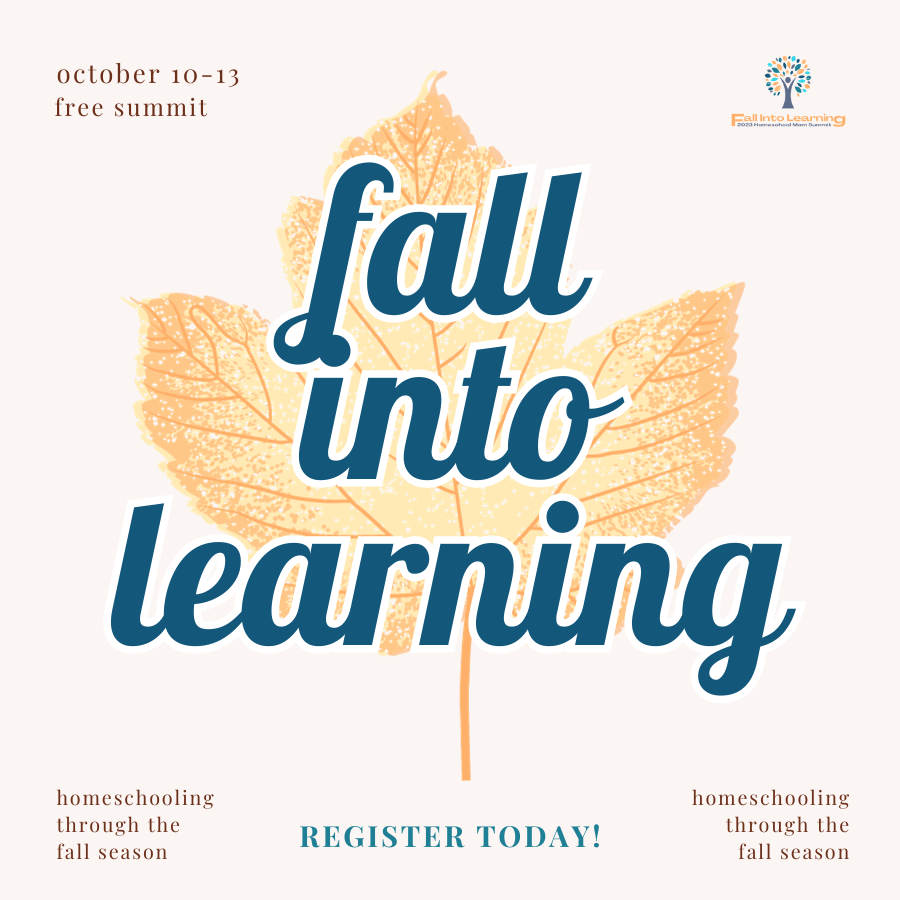Essentials for Parenting Emotionally Intense Kids
Welcome to the world of parenting an emotionally intense child, where the highs are higher, the lows are lower, and the everyday challenges are magnified.
If you've found yourself feeling overwhelmed and uncertain about how to navigate the unique needs of your exceptional child, you're not alone. In this blog post, we'll explore the basic principles of parenting an emotionally intense child and provide you with practical strategies and support to help you thrive on this extraordinary journey.
Understanding the Basics
Parenting an emotionally intense child requires a shift in perspective. It's crucial to reframe our understanding of their behavior and recognize that they are not intentionally acting out or trying to provoke us. Instead, their intense emotions are their way of expressing their struggles and seeking support. Just as we would offer help to a friend in distress, it's essential to approach our child's intense moments with empathy and understanding.
Avoiding Consequences
When our emotionally intense child is in the midst of a meltdown or outburst, our natural instinct may be to impose consequences or punishments. However, this approach often exacerbates the situation rather than resolving it. Instead, our focus should be on helping them calm down and regulate their emotions. By understanding their individual needs and preferences, we can develop a toolkit of strategies to support them during these challenging moments.
Preventive Measures
While we can provide immediate support during intense episodes, the real work lies in being proactive and helping our child regulate their nervous system ahead of time. By incorporating techniques such as deep breathing, physical activity, or sensory adjustments into their daily routine, we can equip them with the tools they need to self-regulate. Remember, it's not about expecting perfection but rather finding what works best for your child and their unique needs.
The Importance of Self-Care
As parents of emotionally intense children, it's vital that we prioritize our own self-care and regulation. Maintaining a calm and composed state allows us to support our child effectively and co-regulate with them. Self-care practices such as mindfulness, physical activity, or engaging in hobbies can help us keep our own nervous system calm and provide a stable presence for our child during their intense moments.
Getting to Really Know Your Child
Understanding your child on a deep level is key to effective parenting. Each emotionally intense child is different, and it's crucial to discover their individual triggers, preferences, and coping mechanisms. By becoming their emotional advocate and voice, you can ensure their needs are met and provide them with the necessary accommodations in various settings. The more you know about your child, the better equipped you are to support them.
Building Them Up
Emotionally intense children often face criticism and self-doubt, making it essential for us to build them up and foster their self-esteem. Recognizing their efforts, encouraging their strengths, and providing unconditional love and support can make a world of difference in their emotional well-being. Remember, your words and actions have the power to shape their self-perception and help them navigate their intense emotions with confidence.
Conclusion
Parenting an emotionally intense child may present unique challenges, but with the right tools and support, you can create a nurturing environment that allows your child to thrive. By reframing their behavior, avoiding consequences, focusing on preventive measures, practicing self-care, getting to know your child, and building them up, you are well on your way to becoming the parent your exceptional child needs. Embrace the journey, celebrate the victories, and remember that you are not alone. Together, we can navigate the intensity and create a brighter future for our extraordinary children.
"It's okay that they express themselves. It's okay that they let the stress out."
You can stay connected by subscribing to the "Parenting the Intensity" podcast and following us on Instagram @parentingtheintensity
You've got this!
Take a deep breath, keep going, we're all in this together!
Full Transcript
*Automatically generated. Will be revised soon to make it more easy to read.
Welcome to the podcast.
Today we will talk about the basic principles of parenting in a mostly intense child and how it might be different than other kids or maybe not that much.
Welcome to Parenting the Intensity where we'll talk all about how we can drop the general parenting advice that doesn't work with our emotionally intense kids anyway and let go of the unrealistic expectations society puts on us as parents. Together we'll find solutions and ideas that work for you and your kids. Chances are deep down you know what they need but you need a little encouragement to keep going on harder days and permission to do things differently and help you fully trust that you already are a wonderful parent to your exceptional but challenging kids.
Are you tired of feeling overwhelmed and uncertain when it comes to parenting your emotionally intense child? Do you often find yourself playing with guilt, fearing that you're not doing enough to help them navigate their intense emotion, you are not alone. Many parents face these challenges and struggle to find the right path forward. But take a deep breath, there's hope. That's why I created the Parenting the Intensity community. Imagine having a clear roadmap tailored specifically to your child's unique needs and your family's reality. Picture feeling empowered and confident in your parenting, knowing that you are providing the support and understanding your child needs. It may seem like an unattainable dream right now, but I'm here to tell you that it is within reach. Come join us for our monthly group support to connect with other parents and get supported with your challenge right now. You also get one -on -one chat and audio office hours for the things that you're really not ready to share in the group, and workshop tools, courses to help you in the process of finding that balance of parenting in a way that works for you, your child, and your family.
You have an emotionally intense child. You might have listened to many episodes, but maybe it's not super clear. What's the basics? So let's get back to basics. It's kind of the theme of that series. And in the previous episodes of that series, we talk about what's an emotionally intense child and how is it to be the parent of an emotionally intense child?
So now let's start with those basic principles of the switch to make in our parenting for things to go easier. First we need one very important reframe and I've already talked about that so many times.
They are not doing it on purpose. They are struggling and that's the way they express themselves. So if I can make that very clear, if someone was coming to you and saying I'm feeling very stressed right now, I'm afraid I'm not gonna be able to do this, can you help me? Would you? Of course you would. Like who would not help someone who's coming and asks for something like that? The thing is, our emotionally intense child are doing just that. But it's a bit more less clear. Let's be honest. Most of the time it would be melting down on the floor, kicking us, throwing things, crying, whining, name it.
But all of those are ways to tell us they are struggling. They are not doing any of it to make us mad, to provoke us, to manipulate us. They are not deciding to do those things. They are just reacting to the way they feel. So how to support them is not to give more consequences. And those moments when they are acting that way, if you say for example a child you need to close the TV and then the TV is closed and the child is making like a big thing it's crying it's yelling it's throwing the remote at the TV and then you get mad because it'll break the TV and that costs a lot of money and you know it's time to go to bed and why why making that left that thing about closing the TV so you say and that's just totally normal because that's what it's taught everywhere you say that you're gonna took out some of their screen time and what happens it get worse it's not helping them behave more why because they're not in control they're not deciding to act that way at all if your child is calming down at that moment, chances are either they're not emotionally intense, or at that moment, they're okay. They're not that overwhelmed.
Because emotionally intense are not, kids are not always emotionally intense. Sometimes they're going fine. But consequences when they are reacting that way, when they are struggling, when they have lost it, are just making things worse.
And I know that can be controversial but that's the thing and I'm it's not coming out of nowhere I promise I'm not just saying it's the only person saying that it's and and I've experienced it and I'm sure you've experienced it also you've tried I'm sure you've tried I've tried and I sometimes slips and still try and I'm like oops nope that was not the right thing to do because it's just adding to their sense of stress out of distress of fear anything it's just adding fuel to fire. So this is absolutely not the way to go.
Then what do we do? We need to help them calm, be calmer, calm down. And most of that work needs to be done ahead of time. When we are in those situations, yes, we can still do some stuff, but most of it needs to be done ahead of time. Because once they are in that state, it's really hard to help them calm down. Not impossible, of course, but it's harder. And we really need to know them well, especially to help them calm down in those moments.
So, as example, certain kids need to be help very tightly. Some kids need to kick things or hit things. Some kids need to yell. Some kids need to cry. Some kids need to be alone. There's so many different ways that kids can need to be calm in those moments. For example, the child who needs to be by themselves, if you try to hold them close, it's just going to make things worse, the same as the consequences as well. Same for a child that need closeness and being held very tightly. If they're going, if you try to put them in a room and close the door, it's just going to make things worse.
And to make things even more complicated for us as parents, they don't always need the same thing. But it is important to know your child and to have a tool belt of different ways to help them calm down when they are in that state. And there's also an important thing here. It's okay that they express themselves. It's okay that they let the stress out.
We don't always need to calm them right then and there. Sometimes we can let them express in it and be mad and throw things as long as it's safe. And I'll reference to another episode in the show notes when it's not safe. But as long as it's safe to everybody involved, it's okay. We can let them express themselves. But many of them will still need help coming back because they might never come back. Never. That's a bit exaggerating. I don't love using never, but it might take just too long for them to come back and at some point it's just increasing their stress level and they really need help.
So knowing what to do to help them calm down in those moments is very important and the only way to do that is by knowing your child very very well and having a few options that you can try.
But the most work that needs to be done is done ahead of time. You need to be preventive. You need to help them regulate their nervous system. Learn techniques to regulate themselves, like deep breathing. Don't try to, like don't tell a child that was completely lost it to take deep breath. That's not helpful. Like when you're completely mad, if someone tells you, just breathe, how do you feel? You just wanna kick that person, let's be honest. Like just be mean, because it's not helpful. It's the same for kids. They are too stressed out to use those kind of techniques in those moments.
But if they are able to do it before, if you're able to catch them starting to lose it and help them use those techniques before, it will work much better. It's never a magic wand. Sometimes it works, sometimes it doesn't, but the most tools you have, the most you can try things and the more you find things that work with your child, the more helpful it is. I'm not going to address that all today. You can check many of the podcast episodes that address some of those ideas and techniques and also there was a lot in the Parenting the Intensity Retreat 2024.
So this is the main thing. Instead of giving consequences when things are not going well, we need to remember that they are struggling and help them calm down and help prevent things so they are calmer in general. And that is also by knowing them well. Some kids need very intense physical activity to regulate themselves and stay calmer. Some kids need calm, need alone time, need headphones to cut out the noises some kids need like will lose it because they're hungry and others because they are too warm like there's many really too hot many many reasons so it's really by knowing our kids really well that we'll be able to prevent those episode from happening and help them calm when they do happen because they will still happen.
And the only way to be able to do that is by being calm ourselves. We cannot help the kids calm down, especially when they are already completely losing it. If we are not calm, we won't be able to. And I cannot hate more when people say, just stay calm. That's not helpful. It's very hard to stay calm when you feel yourself in a fight -or -flight mode because your child is super super intense in front of you and you are afraid for yourself and for your child. And so you're not in a state to help them. So being able to calm, and that's why I talk all the time about self-care and self-regulation, is that we need to keep our own nervous system calm. We need to keep ourselves calm and in the moment when we're triggered by our kids reaction it's kind of too late. We need to do work ahead of time once again to stay calm as much as possible and that means incorporating mindfulness things practices of any kinds in our daily life
And I know, I know, we're so busy, so tired, there's so many things to do. It doesn't have to be complicated. I shared an episode where I shared a lot about that. It's episode 40. I'm going to link it in the show notes. But it is totally possible. We can start very small. It's really, really, really important. And there is so many things that we can do from, again, the breathing, from yoga, meditation. I use photography as a form of mindfulness, being in nature, physical activity, like there is a lot. Again, in the Parenting the Intensity Retreat, we talked a lot about different options. And it's just finding what works for you and trying small to incorporate some of it in your daily life so that you keep your nervous system calmer. It's like a glass of water. when a glass of water is full and you add a drop, it will go overboard. It's the same. If our nervous system is full and on override, the little reaction from your child is gonna make you explode. But if you keep your glass almost empty or as close as possible as empty, because life being life it's really really empty, but as less full as possible, and then at that point you'll be able to take it. you'll be able to stay calm when your child is losing it. So it is absolutely not something in the moment, like it's not possible. Yes, you can try to take deep breath in the moment and you will need to. But if you haven't done some preventive things, you most likely won't be able to because it's too hard.
And that's why the technique to calm yourself in the moment only are not working well. And that's why just saying to someone, stay calm, is absolutely useless. It's because it needs to be done, like, before. And there's two reasons, in fact, why we need to calm ourselves, regulate ourselves. It's one, because we need to be regulated to support our kids when they're really in intense reaction, and two, because we can co -regulate with them. Co -regulation is the fact that just being near someone who's dysregulated, so not calm at all, will help them calm down. Just the closeness, even if we're not touching, but of course if we're touching it's even more useful, but even if we're not touching, it's still working. So being able to stay calm will help us not escalate things when it's going really like bad. And it will also help us calm our child down just by being calmer near them. So that's the three key things to remember and to work on and what most of this podcast is about in some ways. There's also a few other things that are important to remember. One is that we need to expect the intensity. I'm not saying that it's a bad thing but it's the way they express themselves. Does that mean we should not help them regulate their feeling and help them deal with it? No, we should definitely because they need help understanding and being able to deal with that and as they grow they will mature and it's gonna it might get easier from some aspect might not for others they still need support on that but the faster we can accept that this is who they are and that intensity is part of our life, the easier it gets. And it's not easy to accept that. It's a form of grief. I will talk more about that. But it is a form of grief, because we're accepting that our life is really different than what we were expecting it to be.
The other thing, and I touched on it about when I talked about staying calm, is to not escalate things. And this is hard, hard, hard, hard, hard. When our kids are triggering us with their actions, when they're saying very mean things, when they're physical with us, we will fast go into escalating with giving consequences, with blaming, with yelling ourselves. It's really, really easy to go there because we're not calm and regulated ourselves but this is what makes it even harder and this is where we have the more power and it's infinitely difficult so yes we have the power to not escalate and it's the goal to stay calm and not escalate but let's recognize that it's far from easy Maybe it might take months before you're able to do that. I'm never going to promise that you'll be able to do that tomorrow because it's not really realistic.
There's many, many, many, many reasons why we are triggered and why we react. It's a long process. I wish I can tell you it's easy, but it's not that easy. But if you're able to reach that point of not escalating and staying calm, it will make a world of difference in how you deal with your child and in the relationship you have with them because you will build, you will not deter the relationship and build a better relationship that way. The other thing, and I talked about that also a bit in the beginning, is the detective work. Getting to know them like the palm of your hand. It is essential. You need to really, really know them well, understand them well. Because they're often, it's really hard to understand.
They are not able to express what they're living through, what they're experiencing. So you kind of need to be their emotional brain in some way. And to be able to do that, you need to really understand and know them very well. I have a resource for that, it's Who's That Kid, so if you want to check that out I'll put a link in the show notes. But it is one of the most important thing is to really get to know your child.
Also we need to be their voice, we need to advocate for them because they have different needs, they need some accommodation, be it the right to get out of the classroom when they get overwhelmed, having some headphones to lower the sound, being helped to regulate in some specific ways, having shorter days in school even, like there is many many different type of accommodation that might be needed. So you need to be their voices because they are not able to be that when they start and the more they grow the more they need to be part of that because they need to learn to advocate for themselves for their own needs. And if you I'm gonna link to I have a few episodes that address advocacy and and in the in the podcast so I'm gonna link that and I'll also have a course called Child Advocacy to help you really apply that. And the last very important aspect is to building them up. Mostly the lion kids, but even the hedgehogs and sloth kids for different reasons, kids, they will be put down and critiqued really often. So much more often than other kids, lions the most, but still the other ones will be doubting themselves for so many other reasons. And so it's really, really, really important for us as parents to build them up the most we can to encourage them, to support them, to recognize the effort. And I've talked about that in previous episodes, but that is a very, very, very key element. And before we end this episode, I want to address one thing. If you are familiar with the positive parenting principle, some of those things might sound familiar to you, and some of them are similar, but I will say with a twist.
Because each child requires a different approach. Some of the positive parenting things are not gonna work as much. I have, for example, some of my kids need more structure than what positive parenting will tell you to do. Being more strict in some aspects maybe. And I have one that needs to be encouraged to grandchild in lots of aspects that she will never do. So it really is different from one child to another. And also a lot of the positive parenting approaches are about feelings and talking about things. And that is often really hard with emotional kids. For many reasons, they might not be able to express themselves really well and talk about feelings. they might be but many are not so there is some some changes and some adaptation to do even if you are using a positive parenting approach already you might have realized that some of the things are not really working and it's not because that's not a good approach it's just because some things need to be a bit different for a child like everything needs to be a bit different So, this is the basic principles. As a reminder of the three main things, it's first to reframe that they are not doing it on purpose, helping them be calm or regulated, being calm ourselves and co -regulating with them. So those are the main three things that we need to remember. And that is a lot of work, let's be honest. So you can continue to explore the podcast for more resources. See you soon. I'm so glad you joined me today and took that time out of your intense life to focus on finding a new way to parent that works for you and your kids. To get the episodes as soon as they drop, make sure to subscribe to the podcast. And please leave everything in review so other parents can find it too. Also check out all the free resources on my website at familymoments .ca so you can take action on what's the most important for you right now.
And take a deep breath, keep going, we're all in this together.
Resources mentioned on the podcast
Resources mentioned on the podcast
- Parenting the Intensity Community
- Episode 40 about self care
- Parenting the Intensity Retreat
- Who's That Kid?
- Child Advocacy
- Episodes on Advocacy: Episode 6 and Episode 36 (more are coming soon)


